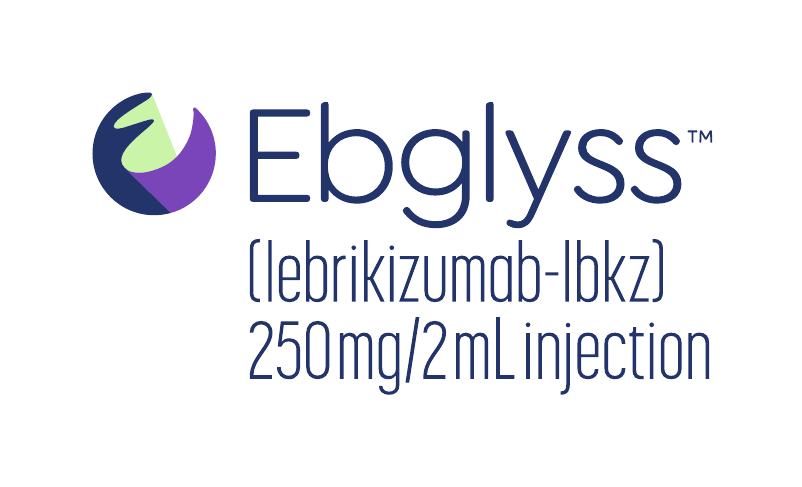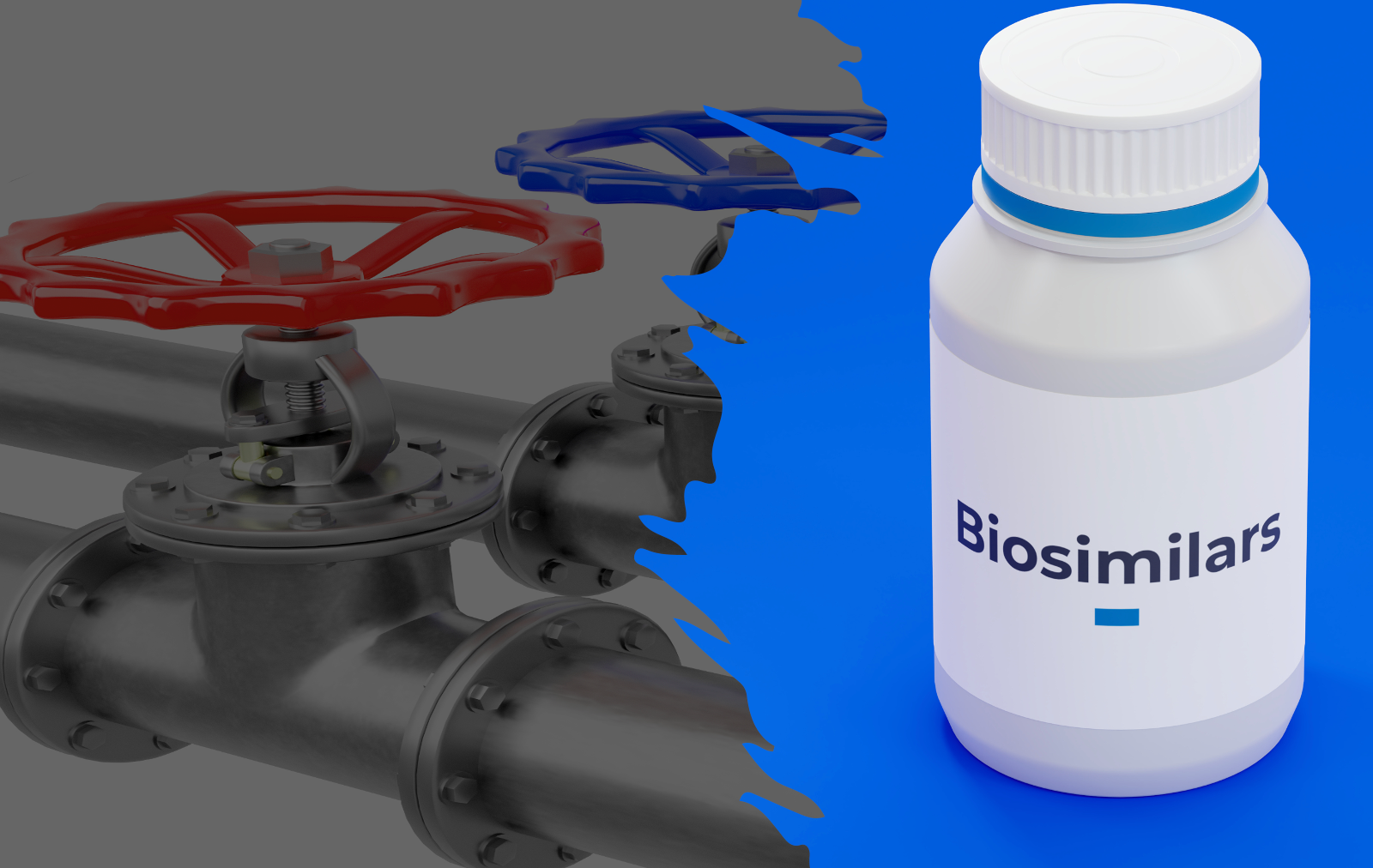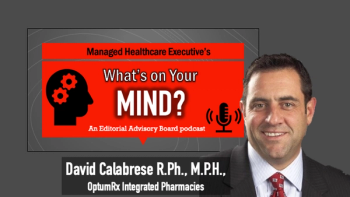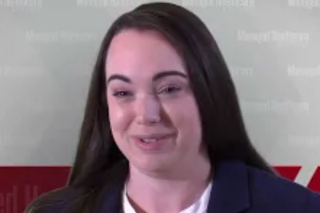
Formulary
Latest News
Latest Videos
Podcasts
CME Content
More News
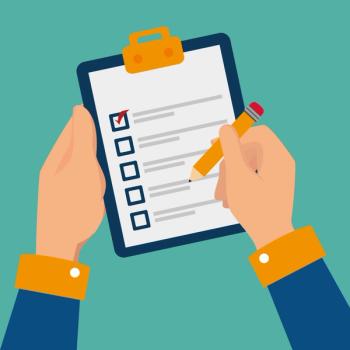
One notable change: CVS Caremark has removed the Humira biosimilar Amjevita and now prefers Hyrimoz and an unbranded biosimilar.

This is the latest offering by Express Scripts that aims to bring transparency to prescription drug costs.

First in class, biosimilars, oncology drugs and even some generics have been added to Optum Rx’s list of exclusions for 2024.

The Institute for Clinical and Economic Review’s fair access report found that it was difficult to determine how well policies translate into real-world access and affordability for patients.

Inpefa is approved to reduce the risk of cardiovascular death and hospitalization for heart failure in adults. The wholesale acquisition cost is $598 per month.

Two possibly curative gene therapies for the disease, which disproportionately affects Black people, are under consideration by the FDA.

PBMs have imposed accumulators and maximizers to counteract pharma’s copay assistance programs. Drug manufacturers have retaliated by reducing the amount of patient assistance available.
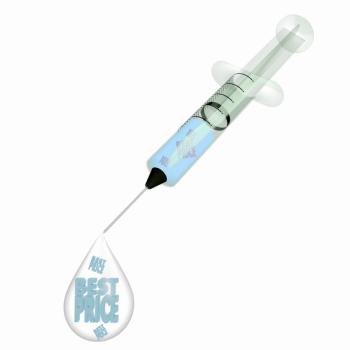
Bowing to political and public pressure, insulin makers have slashed their prices. So far, insulin biosimilars haven’t had much of an effect on prices.
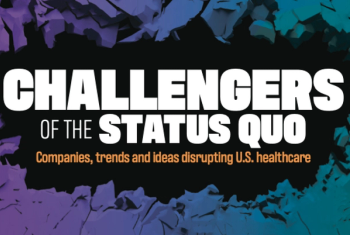
This portion of the month's cover story series spotlights PBM EmsanaRx, a branch of Purchaser Business Group on Health (PBGH), and its President and CEO, Elizabeth Mitchell, who explains that EmsanaRx differs from other PBMs because they use what PBGH calls a waste-free formulary. This months cover story shines a light on the companies, trends and ideas that are shaking things up and reshaping the contour of how healthcare is paid for and delivered.

Pharmacy benefit managers say they exclude high-cost drugs and have alternatives on their formularies. Critics say exclusions narrow patient options and may put effective medication financially out of reach.

As many as 10 Humira biosimilars may be on the U.S. market before 2023 is over. AbbVie has taken several steps to protect its revenues, including the launches of Skyrizi and Rinvoq.

A list of some of the smaller PBMS who are taking on the big three or finding a niche in the industry.

This isn’t the first time pharmacy benefit managers (PBMs) have been ensnared in controversy. PBMs were first created in the 1960s to help insurance companies manage and administer claims for prescription drugs. Over time, they took on the roles of claims adjudication, rebate negotiation and benefit design.

Smaller and midsize pharmacy benefit managers are taking on Optum Rx, CVS Caremark and Express Scripts. They say they have better technology and are more transparent about their pricing.
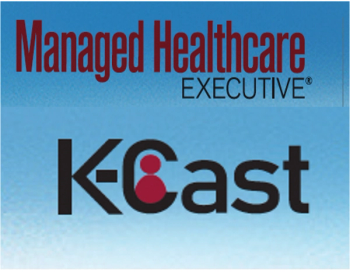
Kareem Karara, Pharm.D., BCPS, CCHP, spoke about unbranded biologics, which are identical the branded products. They are coming on the market amid a growing number of biosimilars.

Cuban’s Cost Plus Drugs business has entered into agreements with Capital Blue Cross and Rightway.

AMCP CEO Susan A. Cantrell spoke with Managed Healthcare Executive® about Preapproval Information Exchange (PIE) Act of 2022, which would allow drug manufacturers to share information about a drug with payers before the drug is approved. Cantrell says passage of the PIE Act would speed up patient access to new medications.

‘We’ve been successful, and we’d like to share our success,’ says the chief medical officer of the healthcare system’s employee health plan.

A real-world study by the PBM shows major benefits from the new cystic fibrosis drug when it comes to hospitalizations and pulmonary exacerbations. But total cost of care of patients tripled because the drug is expensive.

Insulin, albuterol, epinephrine, glucagon and naloxone are on the list.

Some companies are using the interchangeability designation as a marketing ploy.
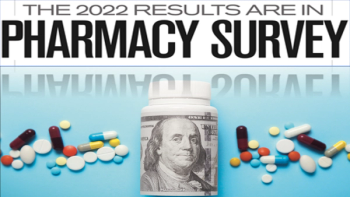
Most of the respondents to the survey agreed that negotiations by pharmacy benefit managers (PBMs) lowers net drug prices. About half favored imposing transparency rules on PBMs.

The respondents were almost evenly split on whether it was a mistake for the FDA to approve Aduhelm, but a large majority agreed that CMS made the right decision to restrict Medicare coverage to those enrolled in clinical trials.

Those living with diabetes who don't have insurance will pay $35 for a 30-day supply of Sanofi U.S. insulins.

The president of CVS Caremark discusses specialty pharmacy, competition for the specialty patient and Humira biosimilars hitting the market next year.
